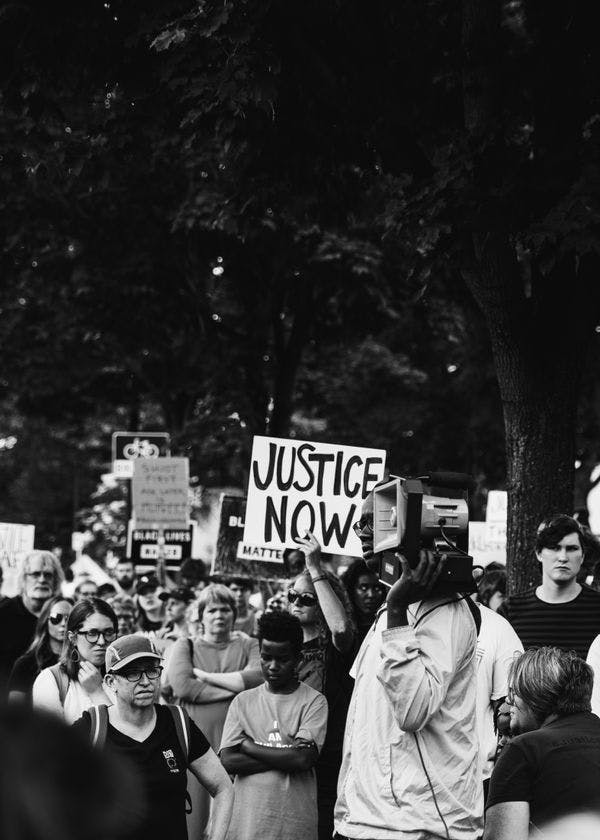Unsplash CC Isaiah Rustad
Drug courts pose dangers of punitive approaches encroaching on medical and health care matters, UN Experts say
GENEVA (20 March 2019) - Drug treatment courts, or “drug courts,” are meant to offer court-supervised treatment for drug dependence to people who would otherwise go to prison for a drug-related offence. Evidence shows, however, that “in many States these courts have not achieved their intended results, have failed to conform to a public health approach, and do not tackle mistreatment and human rights violations that occur in treatment centres,” said two human rights experts* on the occasion of 62nd session of the UN Commission on Narcotic Drugs (Vienna, 14-22 March 2019).
The main appeal of drug courts is the claim that such courts reduce incarceration and recidivism, and represent a more “humane” approach to traditional criminal justice processes. However, in reality drug courts represent in several cases a threat to human rights standards, to procedural due process and to the health systems’ ability to address health issues around drugs. At the heart of their failure are a number of myths about how they operate and what they can accomplish.
“While drug courts offer “treatment instead of incarceration”, they are not health-care settings and cannot provide treatment; rather, they refer participants to treatment”, the experts said. Evidence shows that in many jurisdictions drug courts have failed to offer participants evidence-based treatment. Largely, judges have no oversight over what happens in treatment, and cannot assess the quality of services. Drug court operators are not trained medical personnel and often intervene inappropriately in medical decisions, also without oversight or accountability.
Research on the availability and quality of drug treatment through drug courts shows that at the most basic level, access to quality treatment is hampered by the inherent tension between a punitive criminal justice logic and therapeutic concern for participants as patients. Despite the stated intention of drug courts to treat people who use drugs as ill rather than deviant, participants are often punished for relapsing, for missing therapy appointments, or otherwise failing to follow court rules.
Reportedly, drug courts in several jurisdictions also prevent participants from accessing medically prescribed treatment for other chronic health problems. These interventions by justice personnel into the field of medicine and treatment, and often into the patient-doctor relationship, are not only unethical, but also dangerous.
“Delivery of essential health care through the justice system raises several concerns, and, more specifically, questions regarding patient confidentiality and autonomy, loyalty, privacy, and the ability of the patient to give meaningful consent to treatment”, said the UN experts.
The experts emphasised that “human rights concerns are particularly relevant for drug courts, as these courts usually blur the line between voluntary and coerced treatment. The criminalization of possession of drugs for personal consumption means that many persons who end up in drug courts do not suffer from substance use disorders and do not require treatment”. The criminal justice system’s conflation of drug possession and personal use with clinical need for care does nothing to ensure treatment for those who truly need it. Ultimately, people with substance use disorders who get treatment through the criminal justice system are still “criminals”, and the symptoms of their illness punished as if the illness itself were a crime.
“Implementing drug courts without investing in proper treatment means that a system of abuse is legitimized through its use by the courts”, concluded the UN experts. In countries where treatment is scarce, unaffordable, abusive or not evidence-based – the case in most of the world – it makes little sense to mandate treatment through courts. While there is consensus in the United Nations that there should be alternatives to criminal sanctions for some drug infractions, there is no policy that requires court-determined or court-supervised treatment, as an alternative mechanism.
The propensity for human rights violations in the context of drug courts is such that States should take cautions against the continued roll-out of drug courts in countries where oversight and monitoring mechanisms are absent, the human rights experts recommended.
ENDS
(*)The UN experts: Mr. Diego García-Sayán, Special Rapporteur on the independence of judges and lawyers; Mr. Dainius Pῡras, Special Rapporteur on the right to health.
The Special Rapporteurs are part of what is known as the Special Procedures of the Human Rights Council. Special Procedures, the largest body of independent experts in the UN Human Rights system, is the general name of the Council’s independent fact-finding and monitoring mechanisms that address either specific country situations or thematic issues in all parts of the world. Special Procedures’ experts work on a voluntary basis; they are not UN staff and do not receive a salary for their work. They are independent from any government or organization and serve in their individual capacity.
Regions
Related Profiles
- Office of the United Nations High Commissioner for Human Rights (OHCHR)
